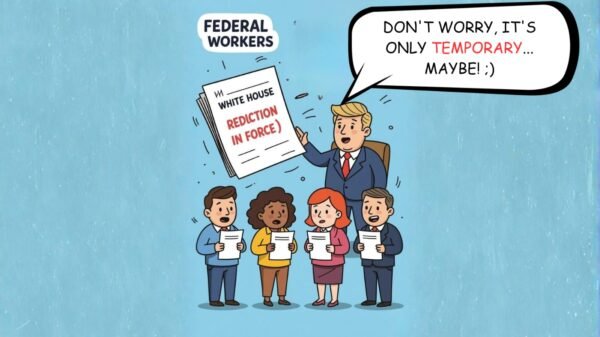Middle East diplomacy is in sharp focus as President Trump moves to finalize a ceasefire between Israel and Hamas. The deal could mark a historic moment in the region and test Trump’s self-proclaimed role as a dealmaker.
Trump plans to fly to the Middle East to oversee the release of hostages held for two years. He argues that this action highlights his commitment to peace and strengthens his bid for global recognition.
The current ceasefire deal faces major challenges. Conflicts in the Middle East often reignite quickly, and sustaining peace will require careful coordination between Israeli leaders, Hamas, and regional allies. Hostage negotiations are delicate, and any misstep could unravel progress.
Trump’s efforts follow his earlier achievement, the Abraham Accords, which normalized relations between Israel, the UAE, and Bahrain. He now hopes that managing the ongoing Israel-Hamas conflict will elevate his diplomatic legacy in the Middle East.
Israel’s military campaign in Gaza has left the country powerful but isolated. The destruction in Gaza, combined with civilian casualties, has drawn international criticism and pressured leaders to seek resolution. Trump’s team leveraged this to push Prime Minister Netanyahu toward a 20-step plan, beginning with troop withdrawals and hostage exchanges.
Observers note that achieving the first phase of this peace plan would be an extraordinary accomplishment. If Hamas releases hostages and halts further attacks, it could signal a breakthrough in a conflict that has persisted since Israel’s founding in 1948. Trump’s negotiations also reflect his willingness to challenge long-standing allies to achieve diplomatic goals.
While the plan’s early acceptance is promising, many steps remain uncertain. Hamas must agree to disarmament and governance compromises, and Netanyahu must balance security concerns with broader regional stability. The fragile ceasefire leaves room for setbacks, but the potential for meaningful progress is unprecedented.
As attention turns to the Middle East, Trump’s diplomatic maneuvering highlights both the risks and possibilities of conflict resolution. Success could cement his reputation as a peacemaker in a region marked by decades of war and political complexity.
































